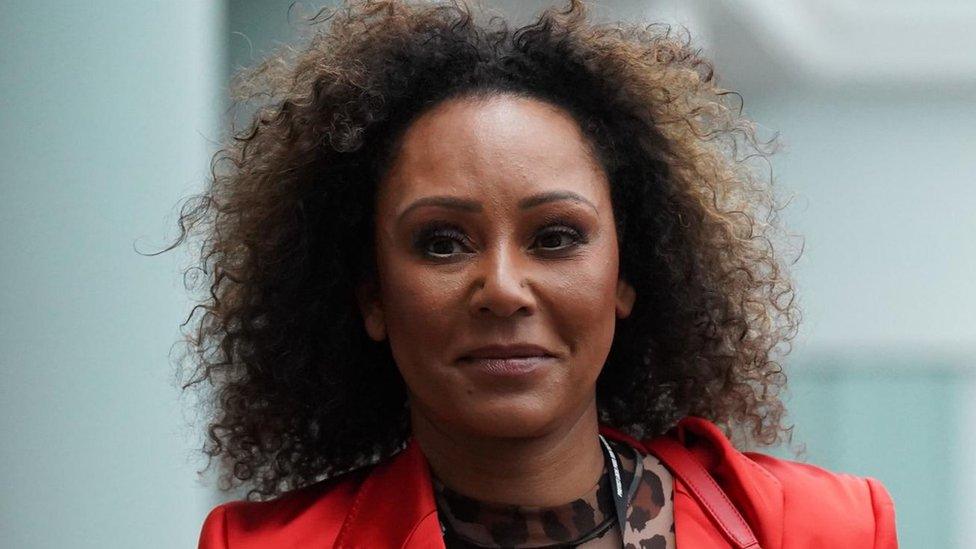Cost of living crisis: Domestic abuse charities warn of 'perfect storm'
- Published
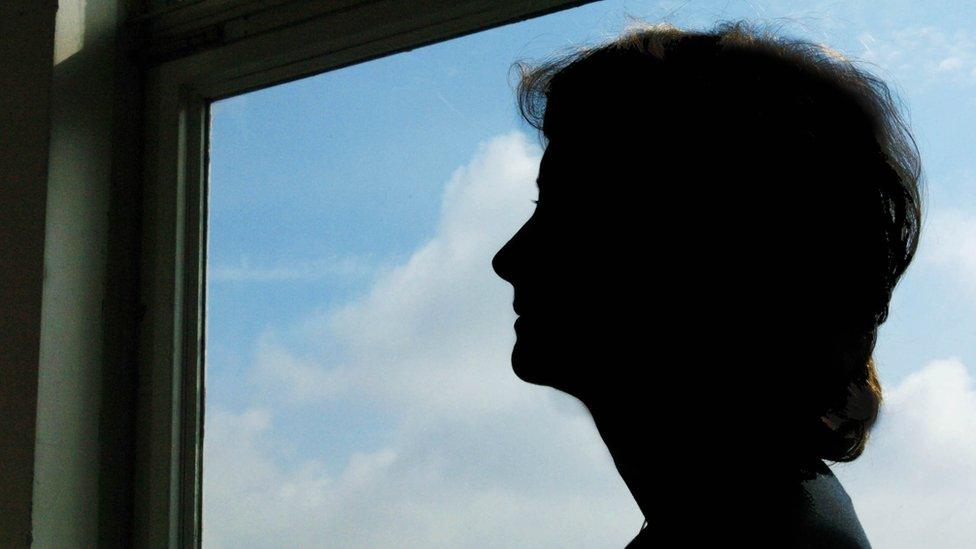
Fewer donations, rising energy bills and difficulties finding volunteers are putting a strain on domestic abuse charities
Domestic abuse charities in the South East say they are facing a "perfect storm" as the impact of the cost of living crisis bites.
Fewer donations, soaring energy bills and difficulties filling volunteer posts are putting a strain on services facing the prospect of more referrals as people struggle to make ends meet.

'Dip in donations'
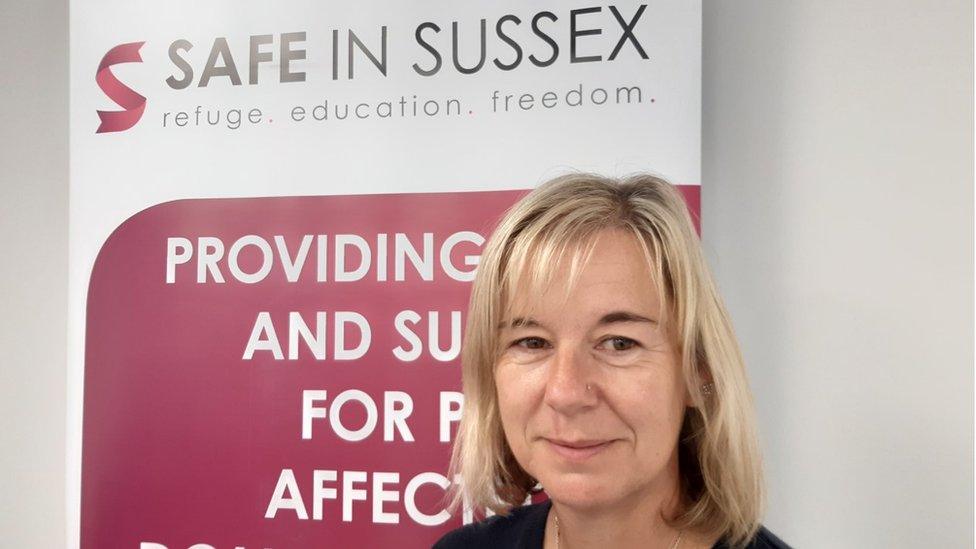
Louise Gibsey, deputy CEO of Safe in Sussex, is concerned about a fall in donations
Louise Gibsey is the deputy CEO of Safe in Sussex, external, a charity that provides support for those affected by domestic abuse in West Sussex.
She said: "Over the next few months, we are anticipating more referrals and more people seeking our support.
"Alongside this, we are already witnessing a dip in donations. A lot of people are seeing less disposable income right now so every penny counts.
"When people don't have that spare income to give, it impacts charities such as us."

'Reduction in volunteers'
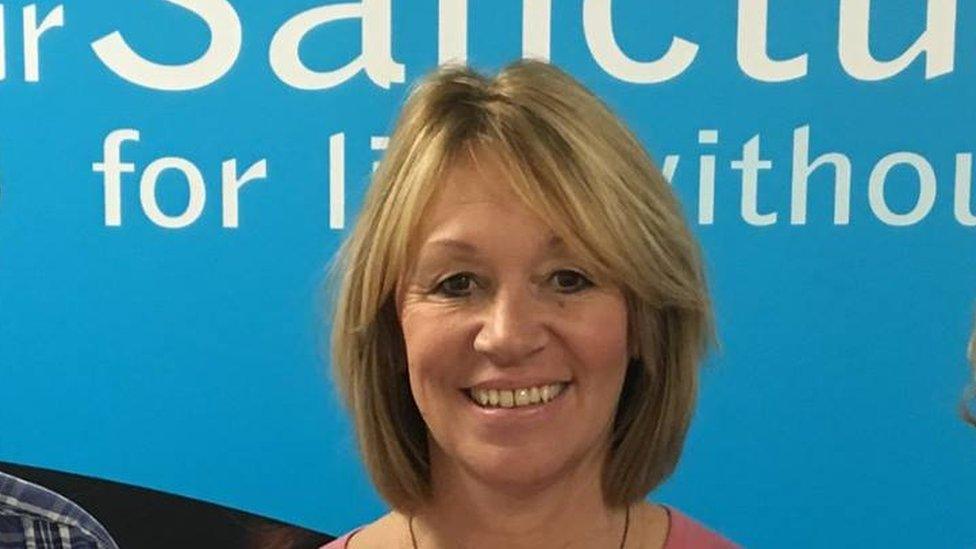
Fiamma Pather, CEO of Your Sanctuary, says the less money survivors have the fewer their options
Fiamma Pather is the CEO of Your Sanctuary, external - a charity which runs refuges in Surrey.
She said: "We feel as if we are now living in a perfect storm where our services will be needed more than ever but we may be unable to meet those needs.
"We are already feeling a reduction in the number of volunteers who are applying to us. People who may have been able to in the past are now having to work longer hours or take up second jobs in order to make ends meet.
"Older people who had spare time to volunteer are now looking after grandchildren whilst the parents are out at work because the cost of childcare is so prohibitive.
"So some long-standing volunteers have sadly had to leave their roles and the number of new volunteers making contact has greatly reduced."

'Energy bill has tripled'
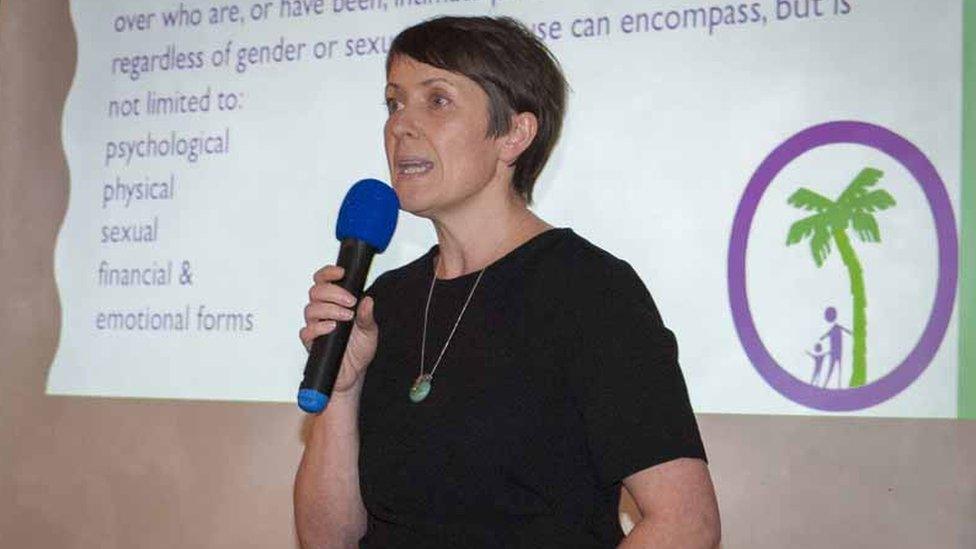
Deborah Cartwright supports those affected by abuse across Kent
Deborah Cartwright is the CEO of Oasis Domestic Abuse Service, external - a Kent-based charity that provides refuge and safe accommodation.
She said: "For victims of coercive control, a cost of living crisis means experiencing more hardship in trying to manage on already-limited incomes, especially where they are subjected to economic abuse by a controlling partner.
"We're concerned this will mean less opportunities for victims to break free from abusive relationships.
"As well as this, we're also experiencing the soaring cost of living. At Oasis, our energy bill has tripled".

'Difficult decisions to make'
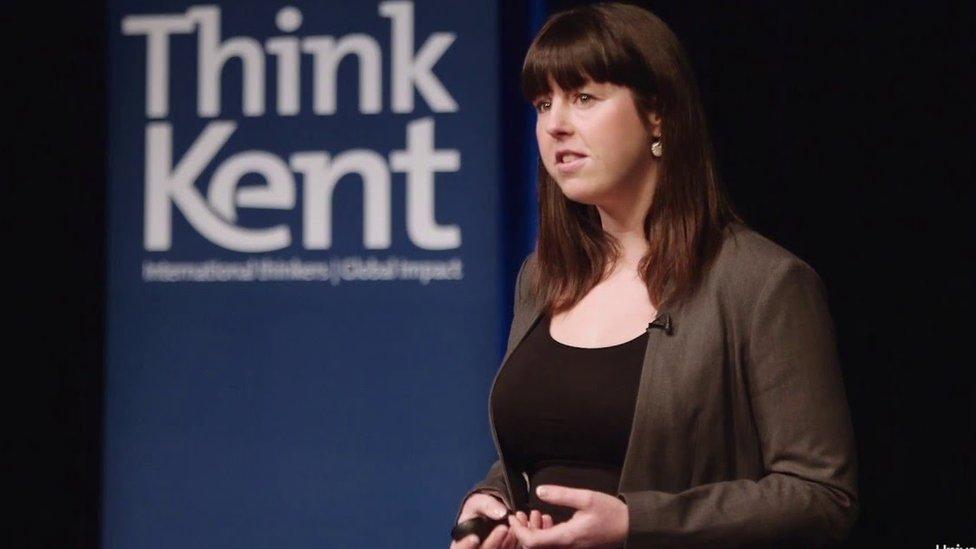
Marian Duggan is a senior lecturer in criminology at the University of Kent and a trustee for Rising Sun
Marian Duggan is a trustee for the Rising Sun Domestic Violence and Abuse service, external in Kent.
She said: "The added difficulties that may arise as a result of the current cost of living crisis may significantly curtail a victim's ability to escape. Without financial security or independence, it may be very hard for a victim to start over from scratch, especially if they have dependents to care for, too.
"It is also important to recognise the impact of increased costs on domestic abuse refuges and charities, who will also have difficult decisions to make about how to continue providing necessary support services to those in crisis situations."
A government spokesperson said: "Domestic abuse is a devastating crime that ruins lives. We are working across government to ensure victims, survivors and their families are fully supported during this difficult time.
"Our Tackling Domestic Abuse Plan invests over £230 million, including over £140 million to support victims and survivors."

If you have been affected by any issues in this story you can contact the BBC Action Line for advice.

Follow BBC South East on Facebook, external, on Twitter, external, and on Instagram, external. Send your story ideas to southeasttoday@bbc.co.uk.
Related topics
- Published28 September 2022
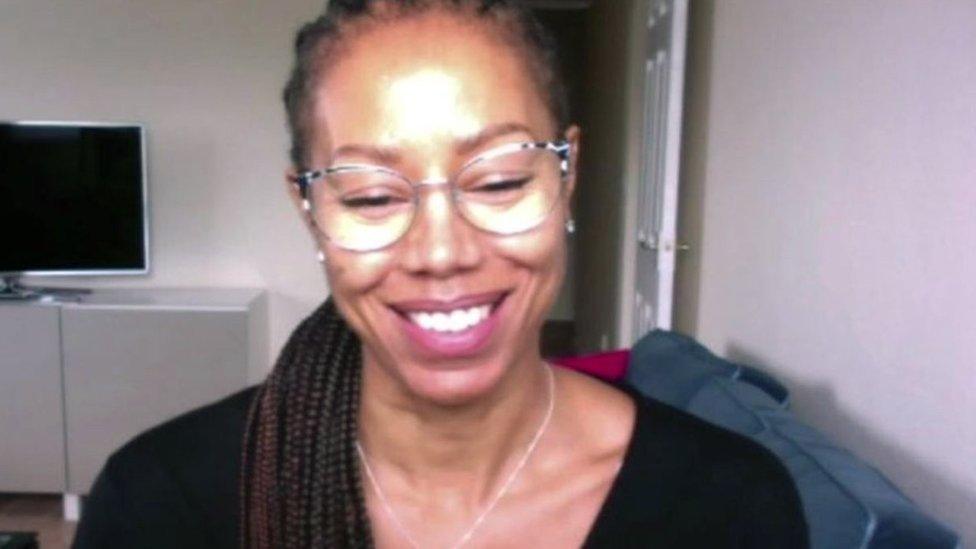
- Published2 October 2022
